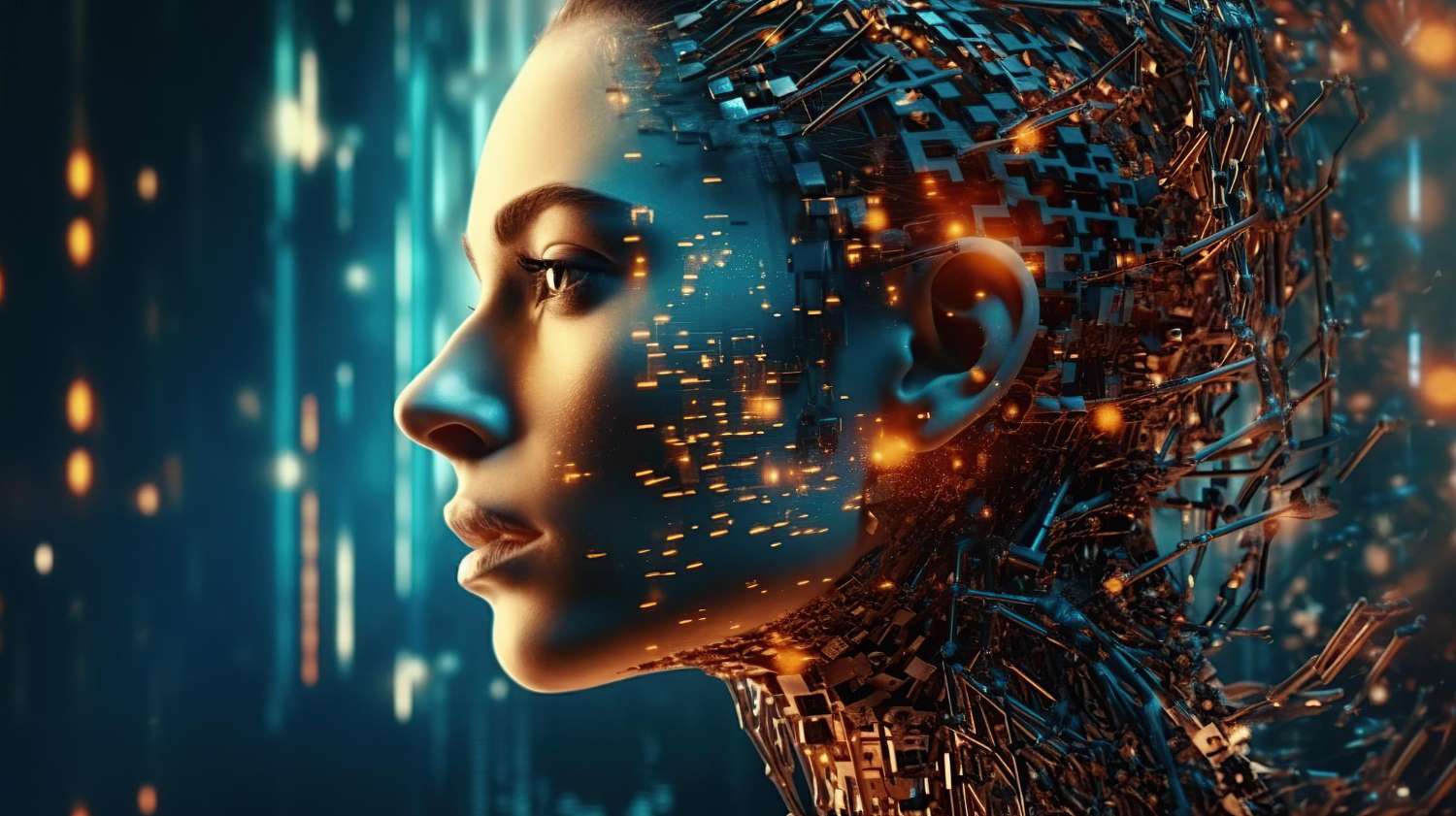The impact of Artificial Intelligence (AI) on the future of work is a current and widely discussed topic. AI has the potential to significantly transform jobs and sectors, presenting both advantages and challenges for workers.
Here are some key points to consider:
Task Automation: AI can automate repetitive and routine tasks, enabling workers to focus on more complex and high-value tasks. This can free up time and foster innovation.
New Job Opportunities: AI can create new jobs and career opportunities in AI-related fields like AI development, management, data analysis, etc. It can also stimulate the creation of new industries and forms of work.
Work Reorganization: AI can change the nature of work and how it’s organized. Some tasks can be delegated to machines, allowing workers to focus on unique human skills like creativity, collaboration, communication, and problem-solving.
Need for New Skills: AI demands specific skill sets such as understanding AI algorithms, handling large amounts of data, and mastering AI tools. It’s crucial for workers to acquire new skills to adapt to these new realities and remain competitive in the job market.
Impact on Traditional Jobs: Some jobs might be automated or transformed by AI, potentially reducing the demand for labor in these specific roles. However, AI can also create new roles requiring a mix of technical and human skills.
Concerns and Challenges: AI raises concerns regarding job security, privacy protection, ethics, and algorithmic biases. It’s important to implement appropriate regulations and policies to address these issues and ensure responsible AI use.


